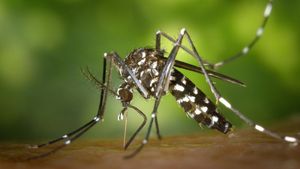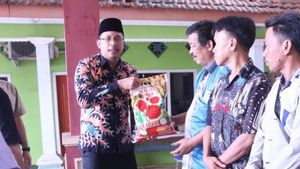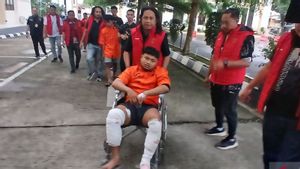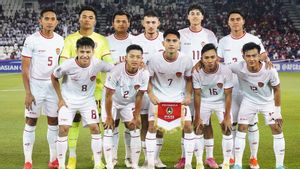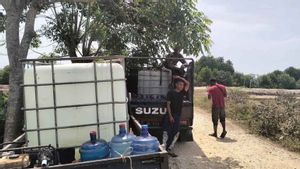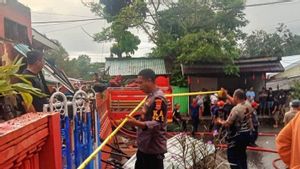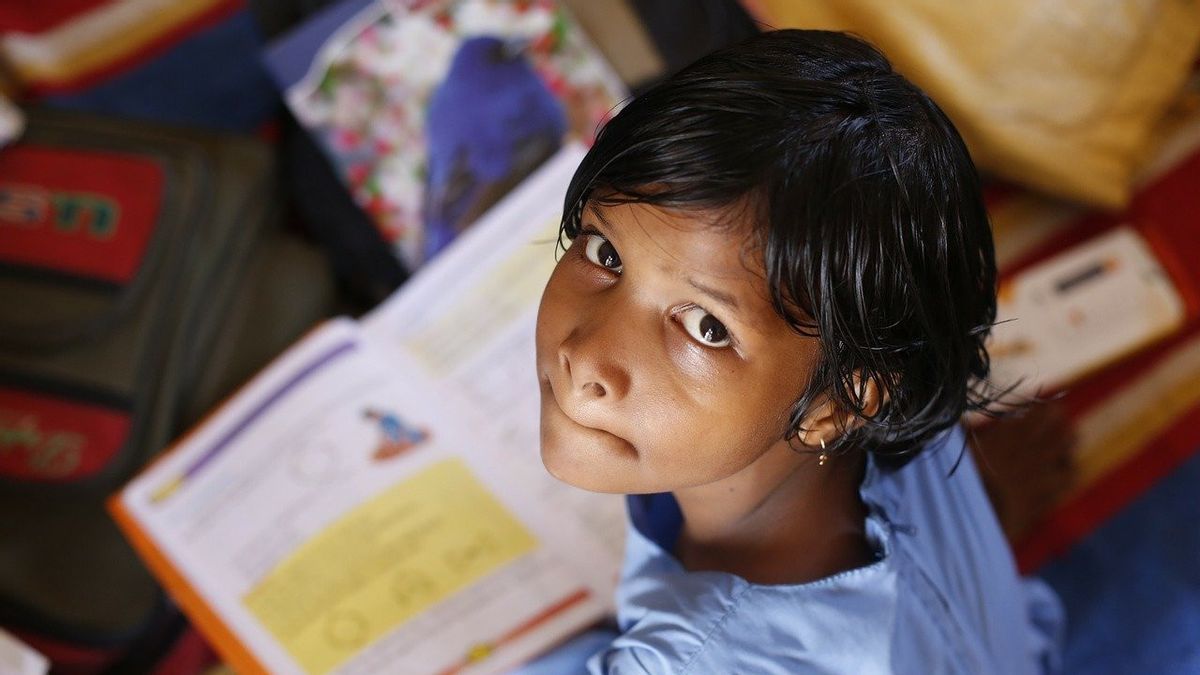
JAKARTA - The Indonesian Child Protection Commission (KPAI) will hold a national coordination meeting with related ministries such as the Coordinating Ministry for Human Development and Culture (Kemenko PMK), the Ministry of Cultural Education (Kemendikbud), the Ministry of Health, and the Ministry of PPPA, as well as heads of education offices and representatives , representatives of school principals, and representatives of school committees to administrators of teacher organizations throughout Indonesia.
The National Coordination Meeting was held online on Monday, November 30. They will discuss face-to-face learning which will be carried out in the even semester of the 2019-2020 school year which will start in January 2021.
"The material to be discussed is the PTM (Face-to-Face Learning) and PJJ (Distance Learning) guidelines when the school opens in January 2021 which can protect the health and safety of students by the Indonesian Minister of Education and Culture," said KPAI Education Commissioner Retno Listyarti as quoted from her written statement. told reporters on Sunday, November 29th.
This meeting will also convey the results of monitoring the preparation of face-to-face learning during the COVID-19 pandemic which has been implemented in 49 schools in 21 districts / cities in eight provinces, namely West Nusa Tenggara (NTB), East Java, Central Java, West Java, DI Yogjakarta. , Banten, and DKI Jakarta.
According to Retno, from the results of the KPAI supervision that was held from June to November, more than 80 percent of schools were apparently not ready to carry out face-to-face learning activities amid the ongoing pandemic.
"The results of the KPAI supervision show data and facts that of the 49 schools that were directly reviewed, only 16.32 percent were ready and 83.68 percent were not ready," he said.
Previously, after students carried out distance learning due to the COVID-19 pandemic, the government stated that teaching and learning activities in schools would be carried out again in the even semester of the 2020-2021 academic year or to be precise in January 2021.
The decision to reopen schools in this even semester is not without reason. According to the Coordinating Deputy for Education and Religion of the Coordinating Ministry for Human Development and Culture (Kemenko PMK) Agus Sartono, this decision was taken because he saw various considerations including the negative impact of distance learning (PJJ).
Agus explained, there are a number of negative impacts in the distance learning system that has been carried out to prevent the transmission of COVID-19 in schools. One of them is the high dropout rate because there are students who are asked by their parents to work to help the economy of families affected by the pandemic.
In addition, differences in access to quality distance learning also result in gaps in learning outcomes, especially for children who are socially and economically different. Not to mention the problem of pressure that makes students stress and the lack of teacher-student interaction.
"There were also many children who were trapped in cases of violence at home without being detected by the teacher," said Agus in a press conference broadcast online on the Ministry of Education and Culture's account, Friday, November 20.
Seeing this impact, the Minister of Education and Culture (Mendikbud) Nadiem Makarim announced that schools were allowed to resume teaching and learning activities. Decisions to open schools are also no longer based on zoning for the spread of COVID-19 but are made by local governments that are authorized by the central government.
"The risk zoning map no longer determines the granting of face-to-face learning permits but the regional government determines it so they can select areas in a more detailed way," said Nadiem.
"This policy applies from the even semester of the 2020-2021 academic year. It will be in January 2021," he added.
Nadiem explained, there are three parties that determine whether a school is opened or not, namely the local government and regional offices (Kanwil), the approval of the school principal, and the approval of parents representatives through the parent committee. If these three parties do not allow the school to open, then the school is not allowed to open.
"But if the three parties agree, schools may carry out face to face," he said.
In addition, the parents of students also called Nadiem still have the right to determine whether or not their children need to study at school even if learning activities at school are carried out later. This is because learning activities at this school are not a necessity and their implementation will be returned to their respective parents.
The English, Chinese, Japanese, Arabic, and French versions are automatically generated by the AI. So there may still be inaccuracies in translating, please always see Indonesian as our main language. (system supported by DigitalSiber.id)


